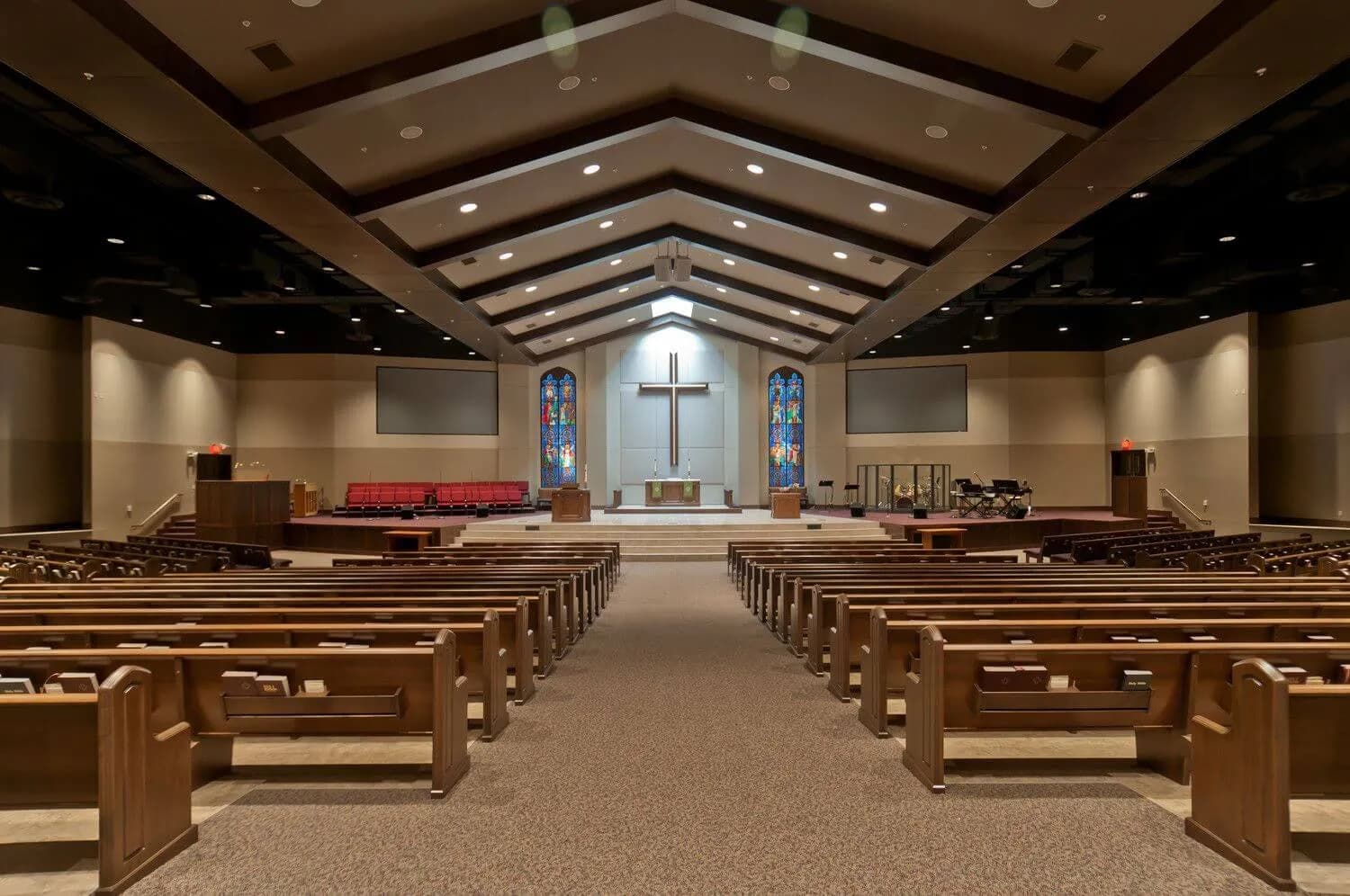
Financial Statement Audits for Churches
Get in touchComprehensive financial statement audit, review and compilation for your organization.
Ready when you are
Talk with an auditor
Share a few details and our team will reach out with next steps tailored to your engagement.
Call us directly
855-622-9009Professional Church Audit Services
In the heart of communities across the United States, churches and non-profit organizations play an essential role in providing social, spiritual, and charitable services. For these organizations, maintaining financial transparency and accountability is crucial. Dimov Audit is proud to offer specialized church audit services for , designed to help churches meet their financial obligations, maintain trust with donors, and comply with all relevant regulations.
Financial Statement Audit for Churches
A financial statement audit for a church is a formal examination of a church's financial records and statements by an independent third party. The objective of this audit is to ensure that the financial statements are accurate, complete and presented fairly in accordance with generally accepted accounting principles (GAAP).
For churches, conducting regular financial statement audits is essential for several reasons:
- Compliance with Laws and Regulations: Churches must comply with various state and federal regulations, including IRS requirements. A church audit service in terms of financial statement assurance helps to ensure that all financial records and statements meet these legal standards.
- Donor Assurance: Audited financial statements provide assurance to donors and grant-making bodies that their contributions are managed responsibly and transparently.
- Internal Accountability: A church audit is an essential tool for church boards, trustees, and management to verify that funds are properly managed, reported, and safeguarded.
Benefits of Financial Statement Audits for Churches
Conducting regular financial statement audits offers numerous benefits to churches, including:
- Enhanced Credibility and Trust: Audited financial statements provide a high level of assurance to members, donors, and grantors that the church's finances are well-managed and transparent.
- Improved Financial Management: An audit identifies areas where financial management practices can be improved, helping the church to enhance its financial health and operational efficiency.
- Fraud Prevention and Detection: Regular audits help detect potential fraud, errors, or misappropriation of funds, providing an additional layer of security for the church's assets.
- Regulatory Compliance: Ensuring that all financial statements comply with the required regulations and accounting standards protects the church from potential penalties and maintains its tax-exempt status.
Expert Church Audit Services for Financial Statement Accuracy
Dimov Audit offers a comprehensive suite of services tailored specifically to meet the needs of churches. Our church audit services include:
- Full Financial Statement Audits: A thorough audit of all financial statements, including income statements, balance sheets, and cash flow statements, to ensure compliance with GAAP and other regulatory requirements.
- Internal Control Evaluations: Assessing the church's internal controls over financial reporting, identifying weaknesses, and recommending improvements to enhance the accuracy and reliability of financial information.
- Fraud Risk Assessment and Prevention: Evaluating the church's financial controls to identify potential areas of fraud risk and advising on best practices to prevent and detect fraudulent activities.
- Donor and Grant Compliance Audits: Providing specialized audits to ensure compliance with donor or grantor requirements, enhancing trust and fostering continued support from donors and grant-giving entities.
- Customized Agreed-Upon Procedures Engagements: Conducting specific audit procedures as agreed upon with the church to address particular financial concerns or areas of interest.
Financial Statement Audits for Churches: The Service Process
Dimov Audit follows a meticulous and transparent process when conducting financial statement audits for churches. Our approach ensures that every aspect of the church's financial reporting is carefully reviewed and evaluated. Here are the key steps involved:
- Initial Fact-Finding: We begin with a consultation or quick email dialogue to understand your specific needs, financial processes, and any concerns you may have. This helps us design an audit plan that is tailored to the church's size, financial complexity, and unique circumstances.
- Gathering Financial Documentation: The next step involves collecting all necessary financial documentation. This includes income statements, balance sheets, cash flow statements, bank reconciliations, donation records, payroll documents, and prior year's audited statements, if available.
- Risk Assessment and Materiality Determination: We conduct a risk assessment to identify areas where errors or misstatements are most likely to occur. We determine the materiality level to focus our audit efforts on the most significant financial transactions and accounts.
- Testing Internal Controls: Effective internal controls are essential for safeguarding a church's assets and ensuring the accuracy of financial reporting. We test the church's internal controls to identify any weaknesses or areas that need improvement.
- Substantive Testing: We perform substantive testing on key accounts and financial transactions. This includes verifying the accuracy of revenues, expenses, assets, liabilities, and equity balances. Our team will also confirm the existence and valuation of significant assets and liabilities.
- Analytical Procedures and Review: Using analytical procedures, we compare financial data to identify any unusual trends, variances, or discrepancies that may warrant further investigation. This step helps in validating the reasonableness of financial information.
- Drafting and Presenting the Audit Report: After completing the audit, we prepare a comprehensive audit report detailing our findings, including any areas of concern, recommendations for improvements, and the church's compliance with applicable standards. We present this report to the church's governing body and management.
- Post-Audit Support and Guidance: Following the audit, we remain available to provide ongoing support and guidance to help the church implement any necessary changes or improvements. Our goal is to foster a culture of continuous financial improvement and transparency.
Financial Statement Audit Needs for Churches
At Dimov Audit, we understand that churches have unique financial needs and responsibilities. With years of experience providing financial statement audits for churches, our team is equipped with the expertise and knowledge to help your church maintain financial integrity and transparency. We work closely with church leaders to provide tailored audit services that meet specific requirements.
Get in Touch with Dimov Audit Today
If your church is seeking reliable and thorough financial statement audits for churches, contact Dimov Audit today. Our experienced team is here to help you maintain transparency, build donor confidence, and ensure compliance with all relevant regulations.
Contact
Connect with Dimov Audit
Our dedicated team is ready to assist you on your path to financial success.
211 E 43rd St Suite 7-100
New York, NY 10017
United States
401 NW 31ST AVE
Miami, FL 33125-4228
United States

Dimov CPA gave us the clean audit we needed to meet compliance and reassure our stakeholders. Their team was thorough, professional, and let us stay focused on our mission.
– Executive Team
Rise and Shine Child Care Centers
Are your financials audit-ready?
Are Your Financials Audit-Ready?
At Dimov Audit, we pride ourselves in quick communication, accurate work, and seamless delivery.
Frequently Asked Questions

